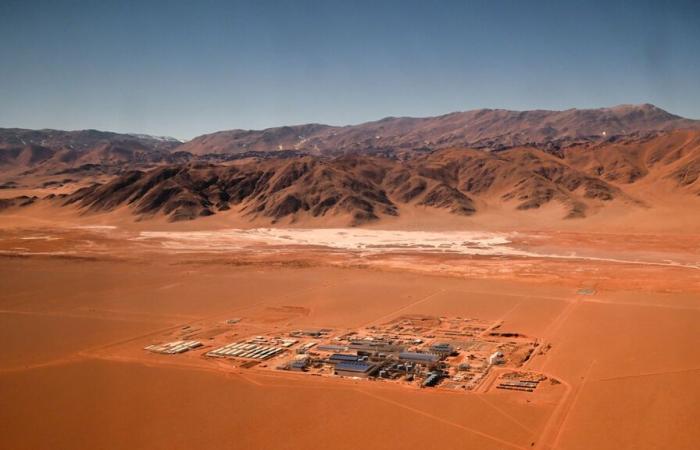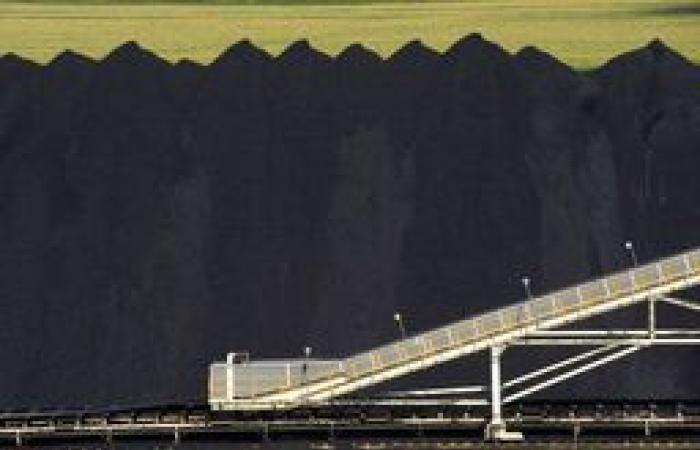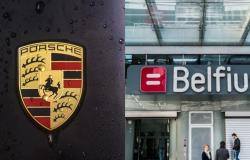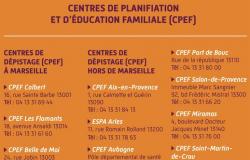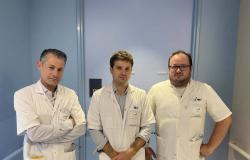It is from the Argentine Andes of the province of Salta, at an altitude of 4,000 meters, that Eramet joins the lithium race. More than ten years after discovering the Salar de Centenario deposit, right in the famous golden triangle of lithium (an area between Chile, Bolivia and Argentina which brings together 60% of known reserves), the mining group French company inaugurated its first site for this battery-quality ore at the beginning of July. The factory is due to start production in November to reach full capacity by mid-2025. It will then be able to produce 24,000 tonnes of lithium carbonate, enough to manufacture the batteries for 500,000 electric vehicles. Which represents the equivalent of 2% of the white metal extracted worldwide in 2024 and 0.5% of the market in 2030, according to projections from Benchmark Mineral.
The development of Centenario has not been easy. Beyond the extreme weather conditions and the isolation of the area, Eramet faced cash flow problems and put its plans on hold for a while. It then had to ally itself with the Chinese Tsingshan (with which it already operates a nickel mine in Indonesia), which paid 515 of the 870 million dollars invested in the project. Their joint venture Eramine, which the French holds 50.1%, will share its lithium production equally. Eramet will market its metal with the Swiss Glencore, mainly to Asia, where the cathode manufacturers are located.
A very profitable extraction process
The project is one of the first to industrialize the direct extraction of lithium. This family of technologies, called DLE, makes it possible to do without the large pastel-colored evaporation lakes which symbolize the lithium extraction areas of Latin America. In Centenario, where 160 people work permanently (for a total of 350 jobs), brines loaded with lithium are pumped 400 meters deep via 20 wells. They are brought into contact with an in-house material from Eramet, which selectively captures lithium like a sponge, then releases it during fresh water showers. Purification and forced evaporation stages then take place to leave the factory with a white powder: lithium carbonate. This process, powered by a 28 MW gas plant, makes it possible to capture 90% of the lithium present in the brines in one week, assures Eramet. A yield twice as high as that of traditional techniques, which boosts the profitability of the site and reduces its ecological footprint.
Confident, Eramet places Centenario in the first quarter of the ranking of the most competitive mines in the world, and anticipates that it will contribute significantly to its results while diversifying its portfolio, currently focused around manganese in Gabon and nickel for steel in Indonesia and New Caledonia. Despite the fall in lithium carbonate prices – around $13 per kilo in mid-2024 – which is pushing most major lithium producers to curb their investments, the French group plans to double its investment in this ore.
If they obtain the building permit and the very favorable tax regime for foreign projects promised by the new Argentine President Javier Milei is implemented, Eramet and Tsingshan will launch phase 2 of the Centenario plant in the coming months, to produce an additional 30,000 tonnes of lithium carbonate. A third phase could follow, the executives of the group are already saying, which is also looking towards Chile and Alsatian geothermal waters for future white gold projects.
You are reading an article from L’Usine Nouvelle 3734 – September 2024
Read the summary
Selected for you

